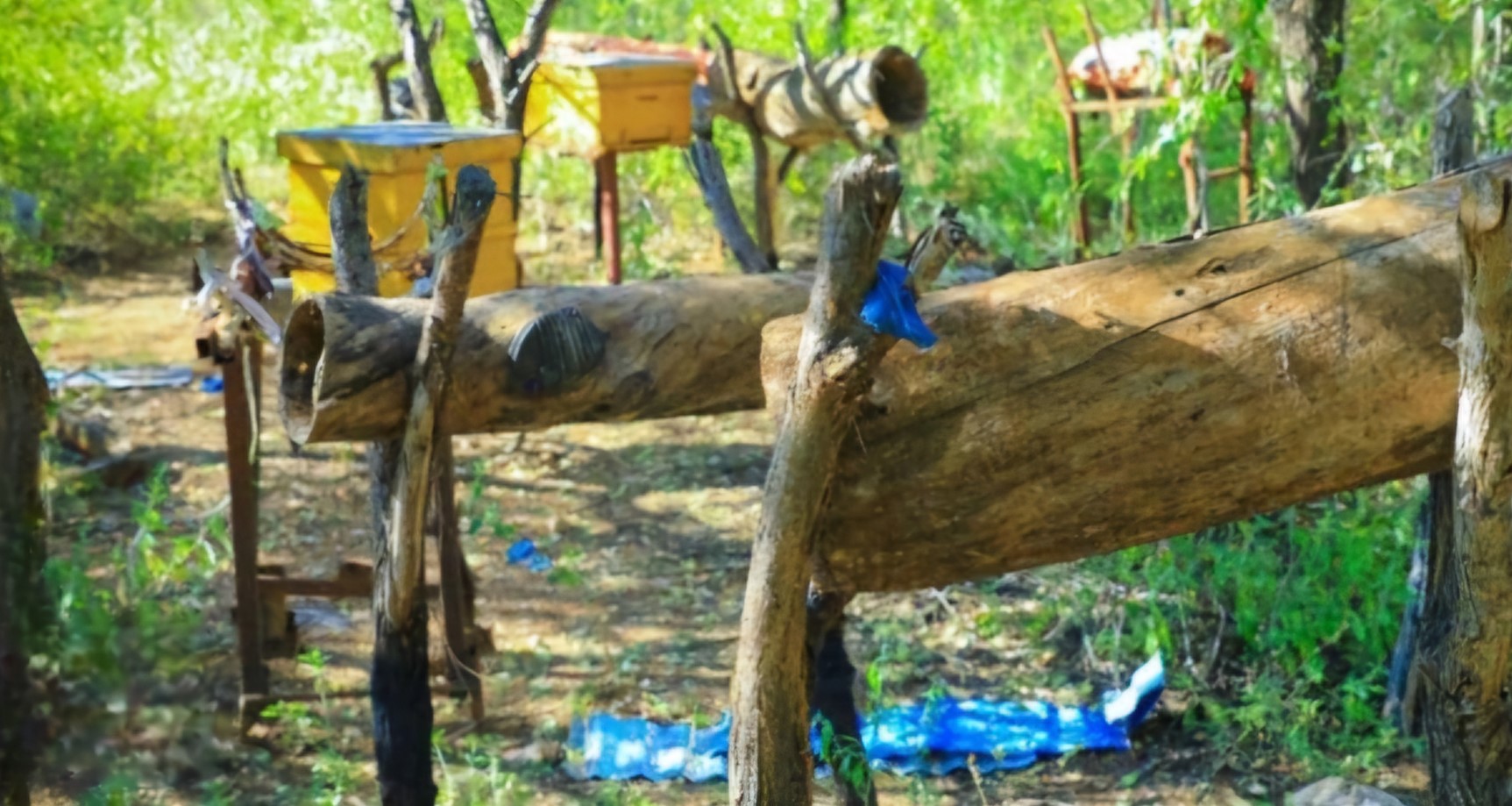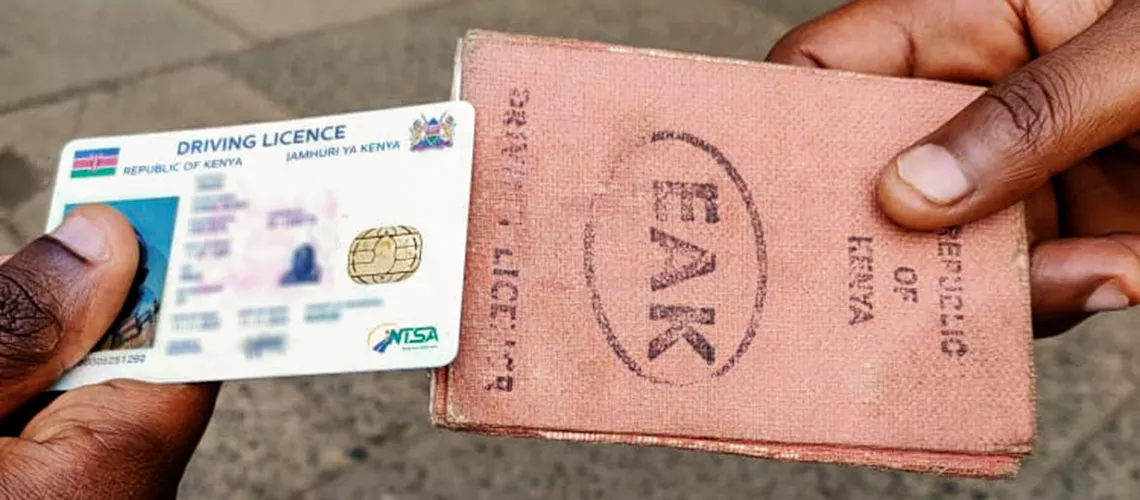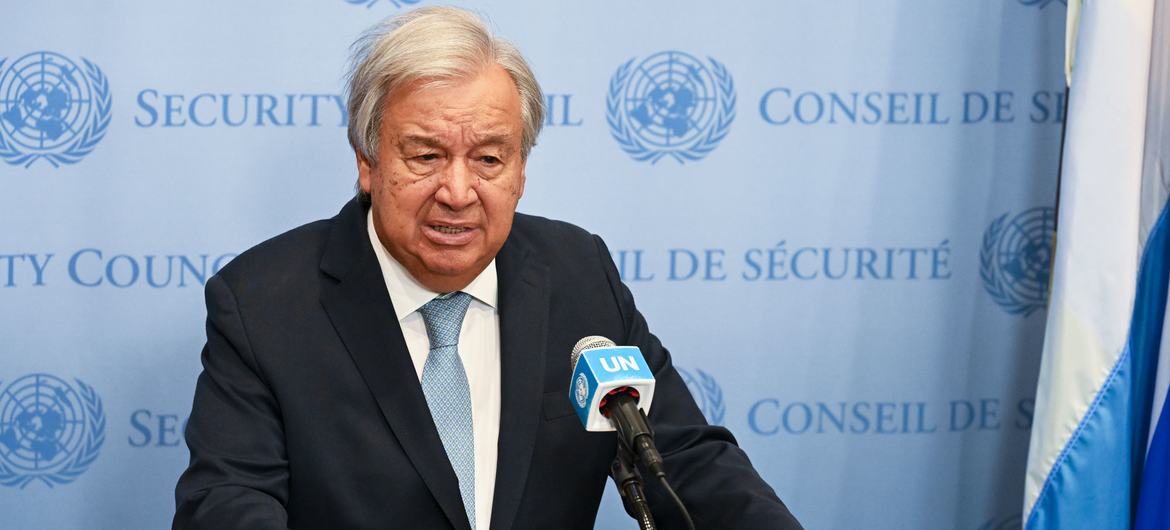Beekeeping brings new livelihood to displaced Somali farmers

The beekeepers in Qardo have formed a cooperative to address challenges and improve their business.
Former farmer Omar Mohamud Bare in Qardo, Somalia, has found a new way to support his family through beekeeping.
With training and equipment provided by the UN's Food and Agriculture Organisation (FAO) and the local administration, Omar has transitioned from traditional farming to keeping bees.
More To Read
He now manages six hives, harvesting between 20 to 25 kilogrammes of honey monthly. This new venture earns him up to Sh 77,700 ($600) in profit.
Omar's journey into beekeeping began after he and his family were displaced due to severe drought, which destroyed their two-hectare farm.
He says the introduction of beekeeping skills has revitalised their livelihood.
"My productivity has improved. I used to harvest honey only once every six months, but now I can do so every month thanks to the equipment we received. We sell a kilo for Sh 3237.50 - Sh4532.50 ($25 to $30). The income helps me support my family and cover my children's education expenses," he told Radio Ergo.
The beekeeping equipment, including hives that can be moved to areas with flowers or vegetation, has been a crucial factor in this success. Omar also uses the earnings to invest in new equipment and hire workers, aiming to expand his business.
He is among a hundred locals who received this training, helping them transition from farming and livestock lost to drought.
Another beekeeper, Abdullahi Hersi Mohamed, manages five hives and earns between Sh64,750 and Sh 71,225 ($500 and $550) monthly.
"I feel happy every time I harvest. The income has helped with education, bills, loans, and other expenses. My family, including my children and wife, are motivated and help with the beekeeping," Abdullahi, a father of six, shared his experience.
Abdullahi's journey also began after losing his herd of 200 goats to drought. Now in Qardo, he keeps his bees in a relative's yard, where he has planted flowers.
He sells his honey locally and takes pride in its quality, noting, "I feel the honey is pure, free of debris or soil particles. Most of my customers use it for health purposes."
Abdullahi pays Sh 3885 ($30) monthly for his children's education and saves Sh 19,425 ($150) monthly planning to expand his operations.
The beekeepers in Qardo have formed a cooperative to address challenges and improve their business.
Abdiwasi Bilal Abdow, the cooperative head, explained that the training has inspired them and improved their income. The cooperative focuses on honey marketing to boost sales and receives orders from various regions and the Somali diaspora. It has stabilized prices and is seeking new markets for its members.
However, the beekeepers face challenges, such as a declining bee population due to habitat encroachment in valley areas.
Other Topics To Read
"People harm the bees by destroying their hives and cutting down trees," said Abdiwasi.
Despite efforts to report these incidents to authorities and implement protective measures, habitat destruction remains a concern.
Beekeeping has become a more viable livelihood in recent years, offering a sustainable income for families previously reliant on farming and livestock.
Top Stories Today
















































